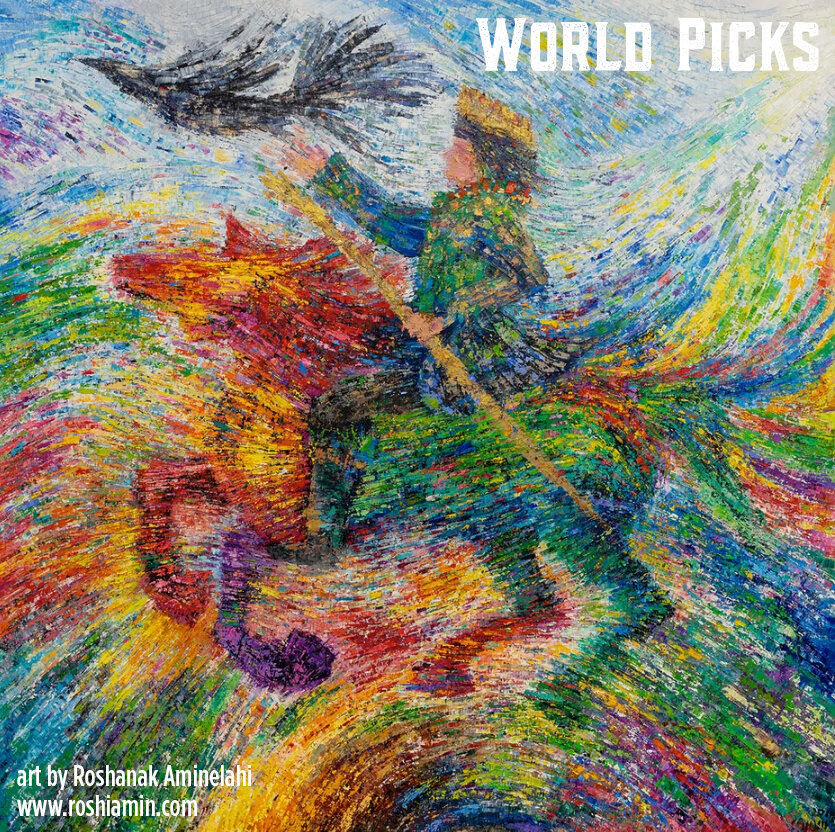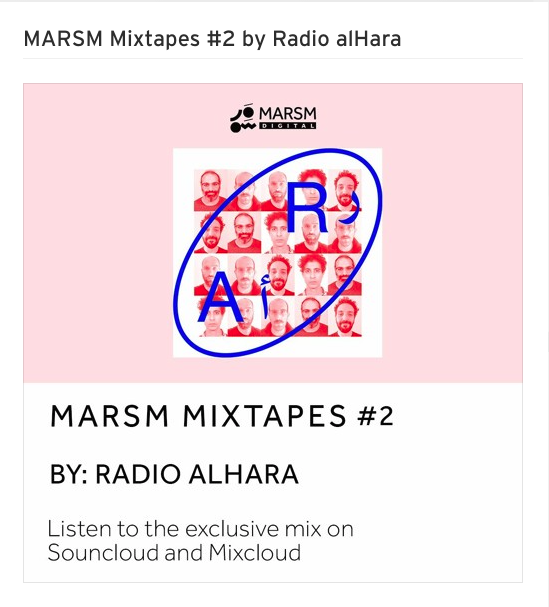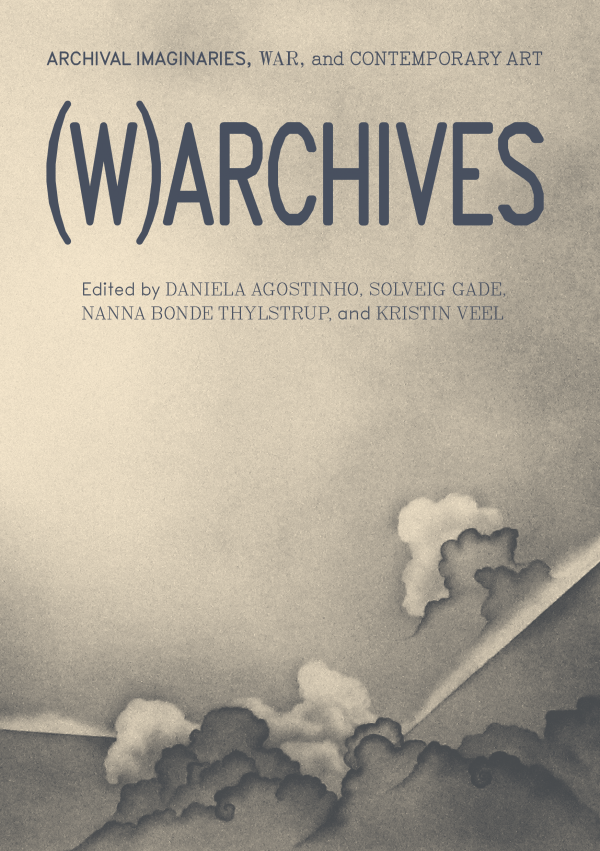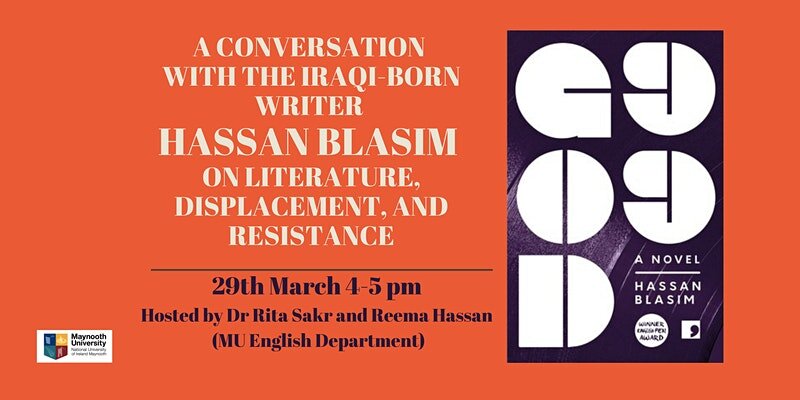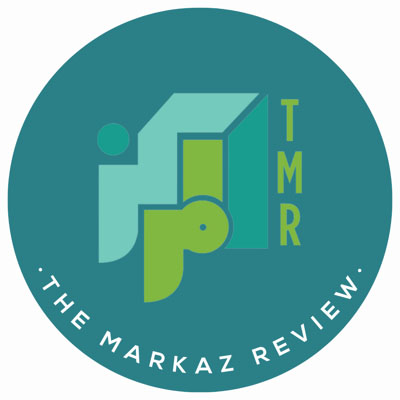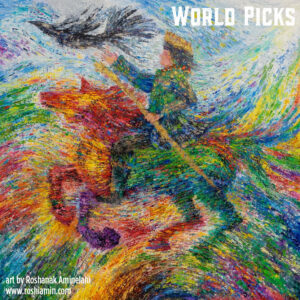Got an event, book, film, conference or anything else you’d like to recommend? Drop us a line.
All listings are online, unless otherwise noted.
22 February (MON) 12:00 EST / 17:00 GMT — After After Jews and Arabs: Ammiel Alcalay in conversation with Gil Anidjar
Ammiel Alcalay‘s groundbreaking work, After Jews and Arabs, published in 1993, redrew the geographic, political, cultural and emotional map of relations between Jews and Arabs in the Levantine/Mediterranean world over a thousand-year period. Based on more than a decade of research and fieldwork in many disciplines—history and historiography; anthropology, ethnography, and ethnomusicology; political economy and geography; linguistics; philosophy; and the history of science and technology—the book presented a radically different perspective than that represented by received opinion.
Given the radical and iconoclastic nature of Alcalay’s perspective, After Jews and Arabs met great resistance in attempts to publish it. Though completed and already circulating in 1989, it didn’t appear until 1993. In addition, when the book was published, there wasn’t enough space to include its original bibliography, a foundational part of the project. Learn more.
MARSM MIXTAPE BY RADIO ALHARA
Showcasing an eclectic selection of music arranged in sequences of unforeseen sonic analogies, this collective mix was put together by Radio Alhara founders Elias Anastas, Yousef Anastas, Saeed Abu Jaber, Yazan Khalili and Mothanna Hussein.
WHAT IS RADIO ALHARA?
A communal radio station that broadcasts from Bethlehem, Ramallah and Amman to the world, Radio Alhara uses its platform to explore the rich terrain of sound, hosting live and recorded music sets by a continually expanding roster of amateur and professional DJs, composers and sound artists. They broadcast soundtracks, audio documentaries and essays, conversations and talks, podcasts, poetry, speeches, but also any and all sounds that pique their curiosity and further their appreciation for listening.
25 FEB (THU) 19:00 GMT THE MOSAIC ROOMS Book Launch (W)archives. Archival Imaginaries, War, and Contemporary Art
How are digital and data technologies transforming the archives of contemporary warfare, and how are artists responding to these changes? Join Heba Y. Amin, Anthony Downey, Sophie Dyer and Oraib Toukan for the book launch of (W)archives. Archival Imaginaries, War, and Contemporary Art (Sternberg Press, 2021).
(W)archives brings together artists’ and scholars’ perspectives to investigate digital archiving as integral to the technology of warfare, and the response of art and visual culture to this material. (W)archive is used as a term to look at how digital archiving intersects with images, bodies, senses, infrastructures, environments, memories, and emotions. The book examines how this new digital archival material of war is addressed and reconfigures artists’ archival practices over the last decades. It suggests how archives can be mobilised to articulate political demands, shape new forms of evidence, and make palpable the experience of living with war.
The discussion is chaired by the book’s co-editors Daniela Agostinho and Solveig Gade.
Respondents invited to the discussion:
Nanna Thylstrup (Department of Management, Society and Communication, Copenhagen Business School) and Kristin Veel (Department of Arts and Cultural Studies, University of Copenhagen)
You can order your copy of the book here.
4 MARCH (THU) 16:30 GMT | 17:30 UK | 18:30 CET | 19:30 Istanbul-Beirut-Damascus
AT HOME IN THE WORLD: SYRIAN CONTEMPORARY ART with Syrian artists Sulafa Hijazi and Issam Kourbaj, author Charlotte Bank & writer Malu Halasa
It took a brutal war to bring Syrian art to the world’s attention. Forged in the heat of the conflict, it variously shocked or satirized, with modern imagery or objects fashioned from rough materials. With the war came waves of change and migration. Some artists in exile stopped working altogether, while others moved to Berlin, Paris and Beirut and continued making art.
One of these artists, Sulafa Hijazi, sees no before or after, only a continuum of work on the human experience and digital culture – ideas she developed at home, which resonate in the wider world.
By contrast, the craggy little boats created from bicycle mudguards and filled with burnt matchsticks by Issam Kourbaj, encapsulate another universal quality – human frailty. This artwork was recently installed as Object 101 in the BBC series A History of the World in 100 Objects(Opens in new window).
Together with writer Malu Halasa, Kourbaj and Hijazi discuss their work in the new British Museum exhibition, Reflections: contemporary art of the Middle East and North Africa (11 February – 15 August 2021). They are joined by art historian and independent curator Dr Charlotte Bank who’ll discuss her recent book, The Contemporary Art Scene in Syria: Social Critique and an Artistic Movement.
19 MARCH (FRI) 12:00 PST | 19:00 EST | ARAB FILM SERIES presents 7 x 7 // 7 Artists, 7 Years of the War in Yemen
AANM, Arab Film and Media Institute, ArteEast, The Benton Museum of Art at Pomona College, The Department of Art History at Pomona College and Youth of the World Together, in total partnership, are pleased to present the public premiere of two short films by Yemeni filmmaker Alia Ali:
Conflict is More Profitable Than Peace / 17 minutes / Sci-Fi
مهجر // Mahjar / 14 minutes / Sci-Fi
Immediately following the premiere will be a dialogue with Alia Ali hosted by AANM Film Curator, Dave Serio, addressing discourses on Yemeni Futurism in regards to nostalgic pasts, dystopian presents, and carving out spaces of radically imagined futures.
Marking the seventh year of the war in Yemen, this event will launch 7 x 7 // 7 Artists, 7 Years: A film presentation of short films by seven Yemeni filmmakers, that collectively push back against binary portrayals of Yemenis as victims and/or villians, and instead provide an expansive view on how Yemenis present themselves, on their terms.
Featuring the following additional films/filmmakers:
Carroum dir. Neshwan Sadeq / 9 minutes / Documentary
Ozaizah dir. Alaa Hafed / 6 minutes / Documentary
Made of Gold dir. Saber Wasel / 6 minutes / Documentary /
The Last Resort dir. Noor Adeen Morgan / 10 minutes / Documentary
Scene 2 dir. Abdulrahman Alward / 21 minutes / Fiction
The Helmet dir. Osama Khaled / 9 minutes / Sci-Fi
Following the live premiere, all films will be available to stream for 48 hours. Please note that some of these films may address difficult and sensitive topics, such as war, trauma and sexual harassment and may be triggering for some.
RSVP
21 MARCH (SUN) 12:00 PST | 15:00 EST | 19:00 UK | 20:00 CET | 21:00 Beirut
NOVELIST LAYLA ALAMMAR interviewed by TMR’s Farah Abdessamad
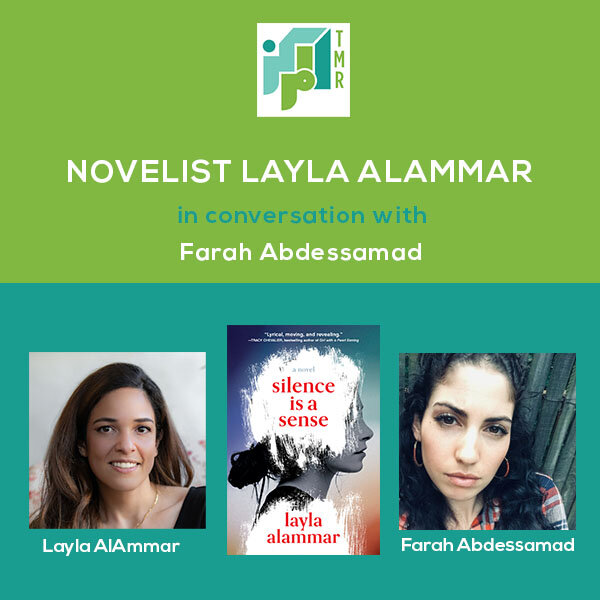 Writer Farah Abdessamad will interview Layla AlAmmar on her fiction, particularly Silence is a Sense which she described in a review as “a polyphonic, psychological, character-driven novel about the banality of violence and the possibility of charting a healing process…Silence is more than nothingness, it is a language, an act. Sisyphus’ boulder inexorably rolls back downhill. Yet he persists in his task and confronts absurdity with humanity.”
Writer Farah Abdessamad will interview Layla AlAmmar on her fiction, particularly Silence is a Sense which she described in a review as “a polyphonic, psychological, character-driven novel about the banality of violence and the possibility of charting a healing process…Silence is more than nothingness, it is a language, an act. Sisyphus’ boulder inexorably rolls back downhill. Yet he persists in his task and confronts absurdity with humanity.”
AlAmmar is a novelist and academic from Kuwait, now based in the UK. She has a master’s degree in creative writing from the University of Edinburgh. Her short stories have appeared in the Evening Standard, Quail Bell Magazine, the Red Letters St. Andrews Prose Journal, and Aesthetica Magazine. Her debut novel, The Pact We Made, was published in 2019. She has written for The Guardian, ArabLit Quarterly and The Markaz Review among others. She is currently pursuing a PhD on the intersection of Arab women’s fiction and literary trauma theory. Of her new novel, Silence is A Sense, Publisher’s Weekly noted, “Evocative . . . The conflicts over immigration and racism are brilliantly distilled, and they dovetail seamlessly with the narrator’s lyrical, increasingly defiant narration. Patient readers will find much to ponder.” Farah Abdessamad recently reviewed the novel in TMR Weekly.
29 MARCH (MON) 12:00 PST | 12:00 EST | 16:00 UK | 17:00 CET | 18:00 Beirut
A CONVERSATION WITH IRAQI-BORN WRITER HASSAN BLASSIM on Literature, Displacement, and Resistance
Hosted by Dr. Rita Sakr and Reema Hassan (Maynooth University, English Department).
Hassan Blasim is an Iraqi writer currently based in Finland. Born in Baghdad in 1973, he studied at the city’s Academy of Cinematic Arts, where two of his films Gardenia and White Clay won the Academy’s Festival Award for Best Work. In 1998, after several arrests triggered by the overtly political nature of his films, he fled Baghdad initially to Sulaymaniya (Iraqi Kurdistan), where he made the feature-length drama Wounded Camera, under a Kurdish pseudonym, and ultimately in 2004, after years of travelling illegally through Europe, he settled as a refugee in Finland where he is now a citizen.
Hassan has been described as “perhaps the greatest writer of Arabic fiction alive” and his stories as “brilliant and disturbing… bitter, furious and unforgettable.”
Hassan’s debut novel, God 99 (November 2020) was described by The Irish Times as “sprawling and breathtaking, stuffed with cultural and literary references, this is a dazzling work of imagination and ur-reality.”
Attendees will receive the Zoom link one day and again one hour before the event.



